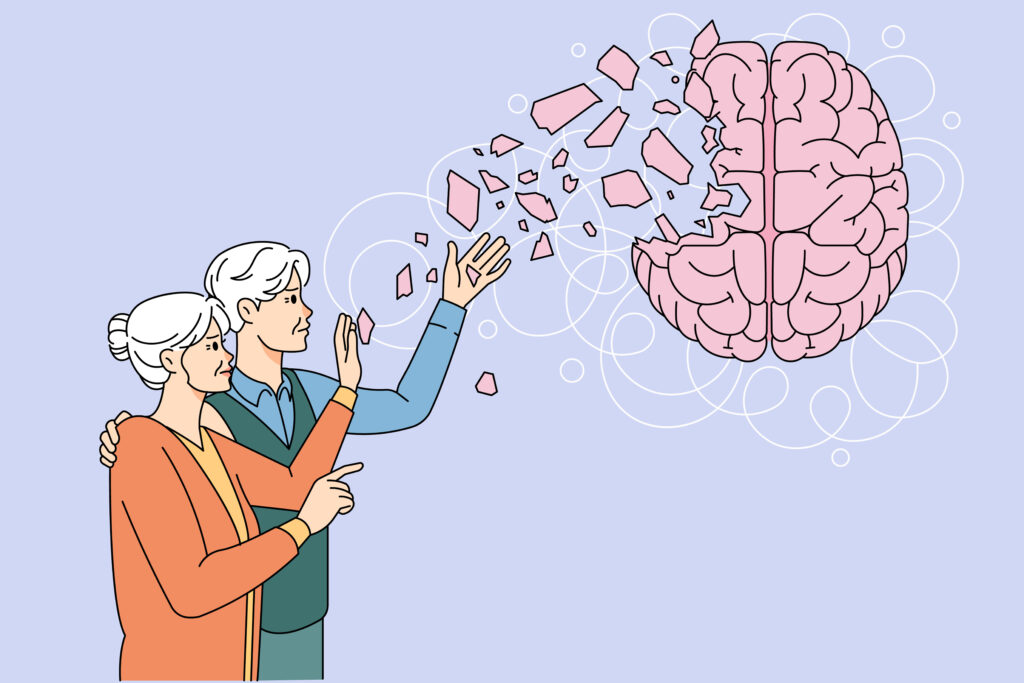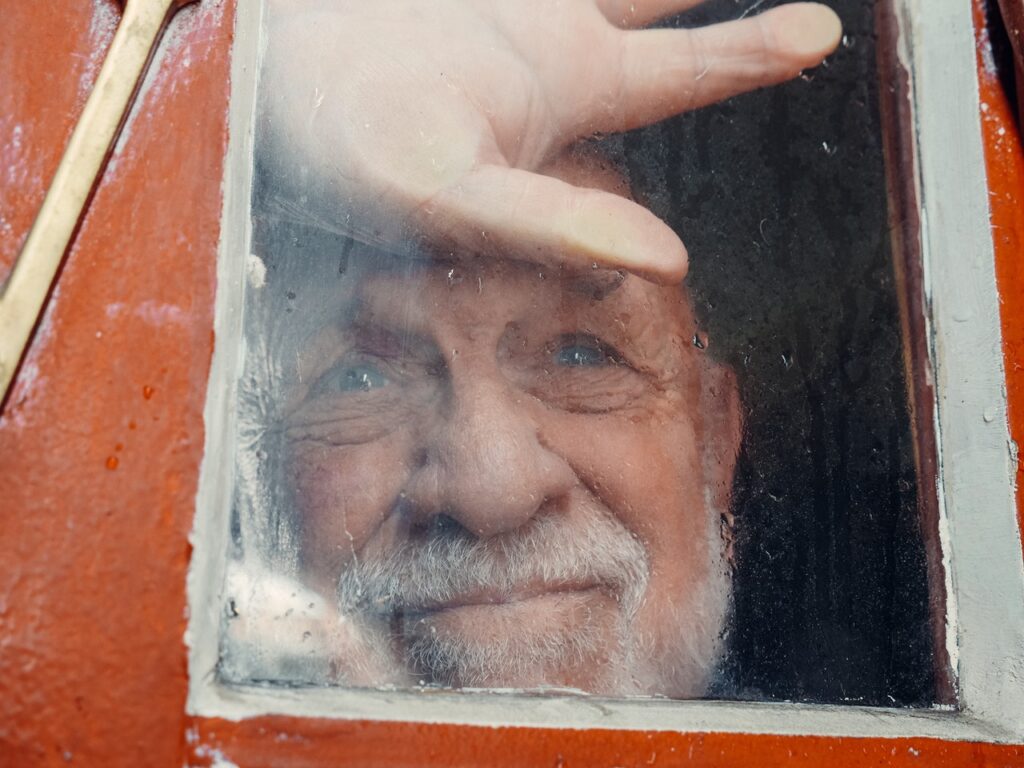Photo by Kindel Media from Pexels
An Overview
Alzheimer’s disease is the most common form of dementia. It is a progressive disease that can devastate families and is a frequent reason for the use of home care.
The signs of first stage dementia are:
- Difficulty with numbers
- Inability to plan and organize
- Trouble making grocery lists and shopping
- Forgetting names of familiar people and recent events
The middle stage involves:
- Confusion
- Increasing memory problems including forgetting when they last ate.
- Trouble following instructions
- Problems dressing
The late-stage features:
- Major personality changes. These include:
- Becoming suspicious
- Being Delusional
- Suffering from agitation and anxiety
- Becoming angry sometimes to the point of aggression
- Losing interest in things they used to enjoy.
- Becoming more withdrawn.
- Trouble walking and even sitting up
- Trouble eating and swallowing
- 24/7 care needs
The condition is incurable, but progress can be slowed with medication and cognitive interventions. Numerous small things can be done and indeed will need to be done. Without a doubt safety is paramount.
Some Safety Measures
This includes actions such as removing loose rugs and making sure cords are tidy and out of the way, Safety locks can be placed on a stove and sharp corners can be padded. The number of mirrors might need to be reduced. Thermostats on geysers should be reduced and taps can be marked hot and cold. Also, install grab rails.
Dealing With Cognitive Issues
One way of slowing down the decline of the Alzheimer’s patient is to require them to think. This can be done by playing games such as rummy or checkers. Even requiring the patient to make a simple choice such as “Tea or Coffee” is beneficial.
While it is still possible, visits out, walks, and movies have positive effects. Also, baking and cooking are great. That involves organization, decision-making, and communication. These are all things that must be exercised to slow demential decline.
Reducing Emotional Issues
This takes several forms. The primary one is reducing frustration. This can be done by using schedules so the client has a routine they can adhere to without frustration. Boosting self-esteem by letting them do small, manageable tasks can have a wonderful effect.
Another form is letting delusions ride. If an Alzheimer’s sufferer believes his sister is coming to visit him and his sister has passed away. Go with a lie. “She can’t come today. She is going to the hairdresser.” This avoids distress for the patient, reduces anxiety, and also helps avoid aggression that may have occurred.
Turning to Lucky Dove
Typically, there are two reasons that people caring for an Alzheimer’s patient turn to a home care provider. These are:
- Respite care – Make no mistake, looking after a relative with dementia can be time-consuming and stressful. Lucky Dove can be there when a carer needs a couple of hours or a weekend to themselves. With the best of intentions, carers have other things to do and may even work in addition to caring for a loved one and having children to care for as well.
Burnout is a constant risk and personal time is essential to avoid the exhaustion and poor health that comes with this. Respite care is an excellent solution and we come in to fill the gap while carers take time out, confident that their loved one will be competently and compassionately cared for.
- Long-term home care provision becomes a necessary solution as the disease progresses and the needs more intensive care and eventually 24/7 assistance.
From preparing easy-to-swallow foods and keeping each activity as distraction-free as possible, we have in-depth knowledge of caring for patients. Not only do we care for, but care about and actively do our best to improve the lot of each client.
If necessary, we don’t stop at just the client. Many clients have a pet, and a pet has extraordinary value to anyone and that includes patients with dementia. In the early stages of the condition the patient is capable of caring for pets, but as their condition deteriorates, they will not be able to.
This is where a caregiver steps in and cares for the animal as well.
References
Alzheimer’s and dementia care: Tips for daily tasks. (n.d.). Mayo Clinic. Retrieved February 18, 2022, from https://www.mayoclinic.org/healthy-lifestyle/caregivers/in-depth/alzheimers-caregiver/art-20047577
Caring for someone with Alzheimer’s: Our guide and tips. (2019, September 18). https://www.medicalnewstoday.com/articles/326374


